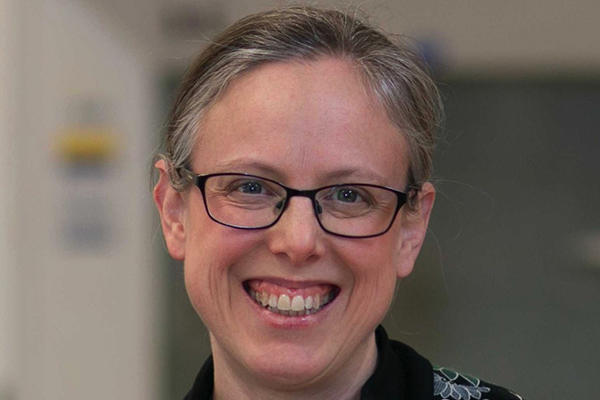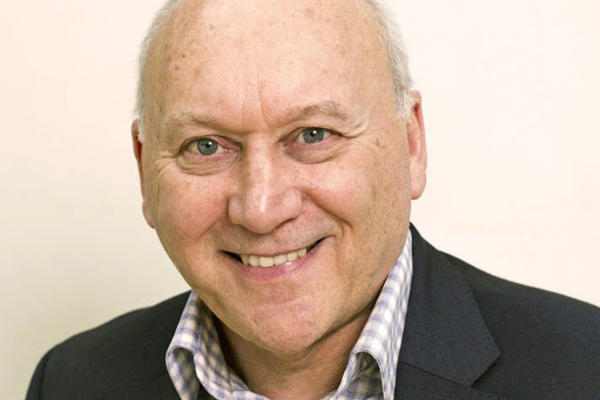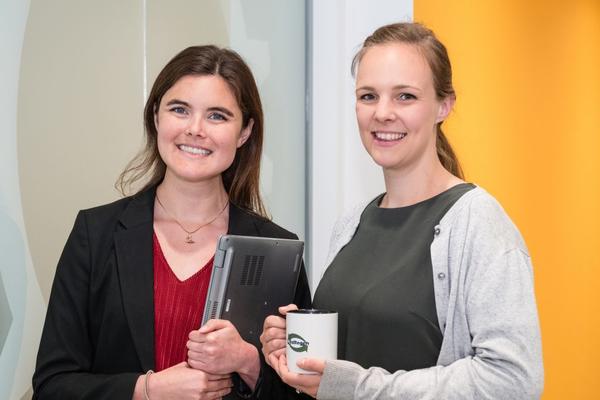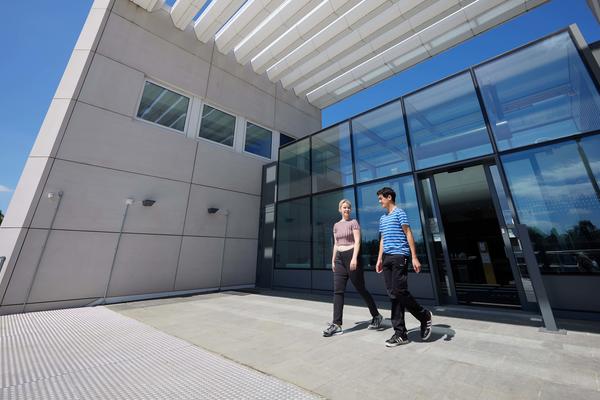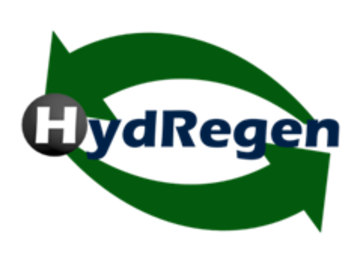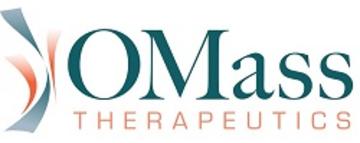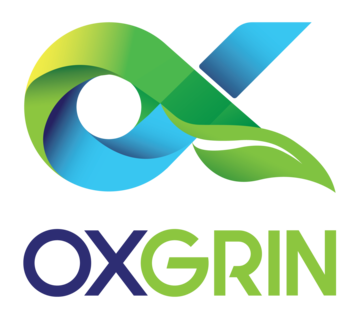Spinouts
Oxford Chemistry has an outstanding track record in translating fundamental research to effect real-world change.
Commercialisation through the formation of spinout companies is an important way our research can bring societal and economic benefit, and the University of Oxford is the leading academic institution in the UK for generating spinout companies (Spotlight on Spinouts 2023).
From our ground-breaking work on the lithium-ion battery, to rapid DNA sequencing and a pioneering blood glucose sensor for diabetes, many of these spinout companies started in our Department. Indeed, two of the top five spinout investees in the UK in 2022 emerged from Oxford Chemistry: Osler Diagnostics and OMass Therapeutics.
The University has also produced the highest number of tech unicorn founders across Europe, including Chemistry spinout Oxford Nanopore, valued at £3.4 billion in 2021.
Spotlight on entrepreneurs
Professor Tom Brown, co-founder of Oswel, Primer Design and ATDBio
Professor Dame Carol Robinson, co-founder of OMass
Dr Holly Reeve, co-founder of HydRegen
Student innovation at Oxford Chemistry
Explore some of our spinouts
Cortex Organics
Cortex Organics provides modern methods for problem-solving and custom synthesis to assist the life-sciences industry, with a particular focus on natural products and pharmaceuticals, catalysis, asymmetric methods, amine synthesis, and green chemistry.
FluoRok
Developing safe, efficient and sustainable fluorinating technologies by producing fluorochemicals free of toxic and highly dangerous hydrofluoric acid (HF).
HydRegen
They have developed a biotechnology for hydrogen-powered NADH recycling to produce safe, clean pharmaceutical and speciality chemicals using existing chemical infrastructure.
In 2013 HydRegen won the Royal Society of Chemistry's Emerging Technologies Competition.
- https://hydregenoxford.com/
- https://www.chem.ox.ac.uk/article/the-story-of-hydregen
- https://www.chem.ox.ac.uk/article/oxford-spinout-hydregen-secures-2.6m-to-revolutionize-sustainable-chemical-manufacturing
- Interview with Prof Kylie Vincent: https://enspire.ox.ac.uk/article/professor-kylie-vincent-ned-of-hydregen
OMass Therapeutics
OMass Therapeutics is a drug discovery company focused on developing treatments for rare immunological and genetic diseases. OMass are developing novel medicines using technologies based on high-resolution mass spectrometry of intact protein assemblies.
Osler
Osler, a medical diagnostic company, are bringing to market a portable, handheld diagnostic device able to test a drop of blood for a range of biomarkers.
OxCCU
OxCCU have developed a novel iron-based catalyst and process system to convert CO2 and green H2 into Net Zero emission aviation fuel.
Oxford Biotrans
Oxford Biotrans have developed a new environmentally sustainable method of producing nootkatone (grapefruit flavouring) and bring it to the food and fragrance market.
Oxford Biotrans won the Royal Society of Chemistry's Emerging Technologies Competition in 2018.
Oxford Nanopore Technologies
ONT have developed DNA and RNA sequencing platforms such as the MinION, a portable sequencer the size of a mobile phone that can sequence 500 individual DNA strands; the scaled up GridION benchtop device; and PromethION, which enables entire human genome sequencing. These devices are used in a number of applications across plant, animal, pathogen and human genomics, as well as generating meaningful and rapid insights in COVID diagnostics and epidemiology, food safety, infectious disease, and HLA tissue typing.
OxGRIN
OxGRIN are building a cross-platform ammonia decomposition reformer powered by disruptive low-temperature catalysts for the energy industry.
Oxomics
Developed a blood-based test used to detect a range of cancers and whether these cancers have spread (metastasised) in the body.
Refeyn
Refeyn have developed and commercialised the Refeyn OneMP mass photometer, an instrument that measures the mass of individual molecules in solution by light scattering.
In 2019 Refeyn won the Royal Society of Chemistry’s Emerging Technologies Competition.



